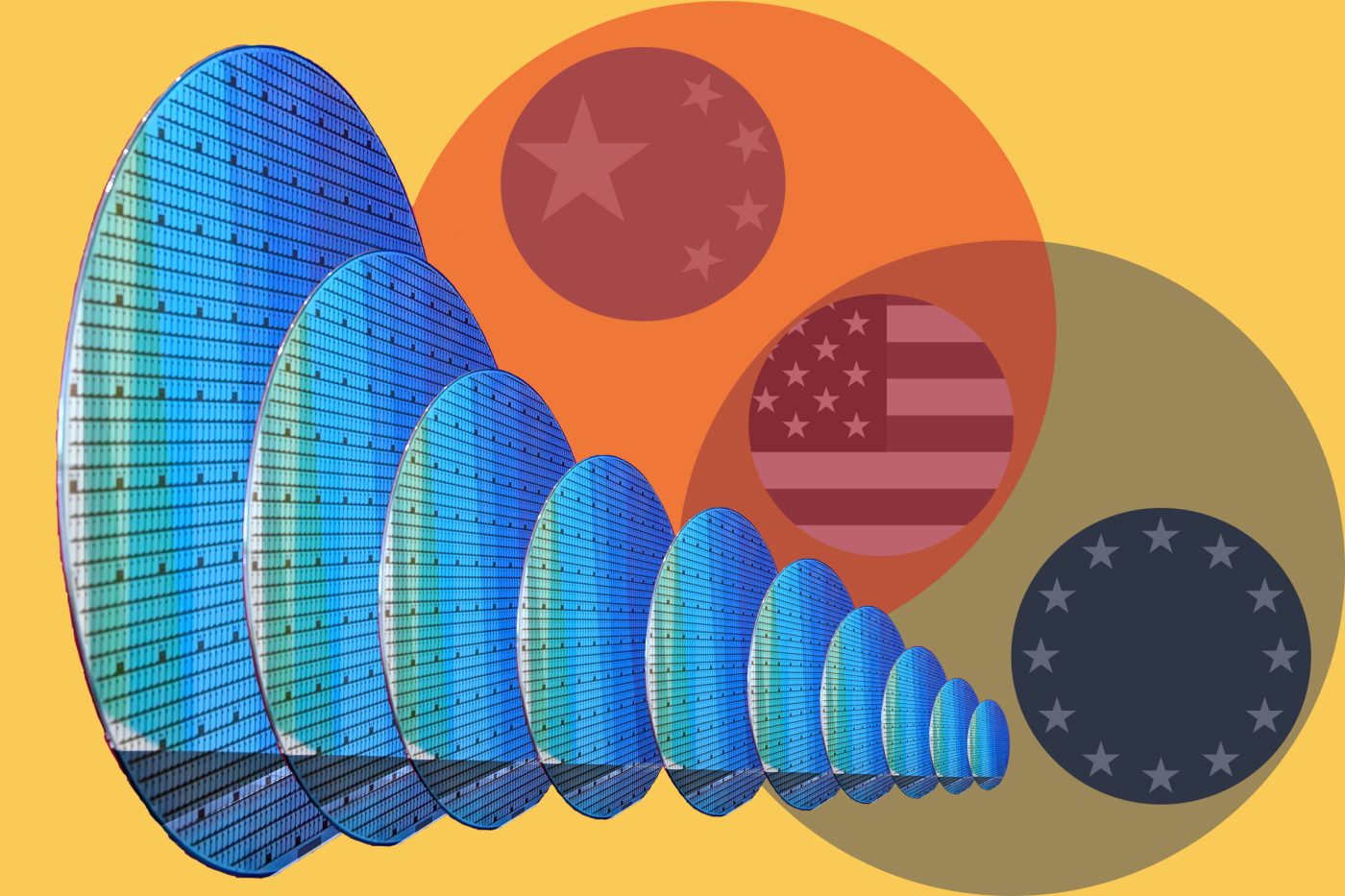The telecom contracts tell a big story. Spain’s Ministry of the Interior awarded Huawei a €12.3 million deal to guard judicial wiretaps in its OceanStor 6800 V5 servers. At the same time, Spain’s incumbent telephone company Telefonica reportedly has renewed a contract with Huawei to supply equipment for its 5G network.
Chinese control over European telecoms represents a long, continuing saga. Under pressure from Donald Trump during his first term, European countries pledged to remove Huawei from their networks. But the second Trump Administration has not continued to increase the pressure, at least in public, and its aggressive approach to both security and economic policy is angering many Europeans.
Admittedly, Spain remains somewhat of an outlier. While almost all other European leaders have attempted to avoid antagonizing Trump, Spanish Prime Minister Pedro Sánchez has not shied away from a fight. In addition to allowing the Huawei purchases, he was the one NATO ally to resist Washington’s call to boost defense spending to 5% of GDP and he reportedly recently renounced buying US-made F-35 fighter jets, preferring to purchase European alternatives.
Overall European relations with China remain tense. Beijing’s support for Russia, its surging €300 billion trade surplus, and its restrictions on European companies led European Commission President Ursula von der Leyen to warn that “our relations have reached an inflection point” during a recent summit celebrating 50 years of diplomatic relations. “As our cooperation has deepened, so have imbalances,” von der Leyen warned.
But European opinions on China are improving, while they turn negative on the US. A recent Pew Research Center poll revealed that Europeans identify the US as the second-most commonly named threat, after Russia.
For most Spaniards, Russia seems like a remote threat. Spain has not fought in a major foreign war since 1898 (and then against the US). Now Spain marks itself out as one of the European Union’s most China-friendly governments. Prime Minister Sánchez has met President Xi Jinping three times in China in just over two years, seeking Chinese investment and commercial deals.
While most of Europe remains in the doldrums, Spain’s economy is booming. Thanks to tourism, foreign investment, and immigration, the country’s GDP is expected to increase by 2.5% this year, more than three times faster than Germany, France, or Italy.
European Union membership shields Madrid from most potential American retaliation. The EU recently inked a trade agreement with Washington limiting tariffs on most products to 15%. Unlike South Africa or Brazil — or even Switzerland — who face higher US tariffs, Washington cannot put special levies on Spanish goods.
Brussels also lacks leverage. The European Commission has urged member states to follow a “toolbox” of policy recommendations for boosting the bloc’s cybersecurity. Translation: get Chinese tech out of your telephone networks.
Spain seemed to listen. It ordered Huawei out of most of its telephone networks, even though the Chinese 5G technology was cheap and cutting-edge. By 2023, Chinese vendors accounted for only 38% of Spain’s 5G core infrastructure. In Cyprus, they accounted for 100% and in Germany, 59%.
Spanish telecom giant Telefonica announced plans to rid all of its Huawei 5G equipment in Spain and Germany to comply with local rules. “In both Germany and Spain, we are reducing our exposure to Huawei following the rules we have in these countries,” Chief Operating Officer Emilio Gayo said.
Get the Latest
Sign up to receive regular Bandwidth emails and stay informed about CEPA’s work.
Despite this pledge, many European telecoms companies have complained about the high cost of ripping out and replacing infrastructure and have lobbied hard to push back deadlines and narrow the scope of the Chinese telecom build-out.
Spain’s turn to Beijing has prompted angry reactions. After the Huawei wiretapping contract was announced, the chairmen of the US House and Senate Intelligence committees sent a letter to Spain’s Director of National Intelligence demanding a review of the agreement to share intelligence between the two countries.
Brussels also warned Spain about the decision to use the Chinese company’s hardware to store state wiretaps. “Huawei represents materially higher risks” than other telecoms suppliers, the European Commission said, adding that “a lack of swift action exposes the EU as a whole to a clear risk.”
Spain rejected the criticism. Huawei’s share of the system is “minor, watertight, certified and without an external connection,” the Spanish government insisted.
Many Spaniards feel that Huawei offers an unbeatable price-performance ratio that many emerging countries take advantage of, and that it does so under the same risks — no more and no less — than US suppliers. Spaniards believe that demonizing the Chinese company while overlooking the US National Security Agency’s mass spying represents blatant hypocrisy.
The new Spanish Huawei contract, and the possible extension of supplies to Telefonica, should be seen as a warning to the Trump Administration. If the US tone and approach were more polite and friendly, Spain still might have taken the same friendly path to China. Then again, it might not have.
Enrique Dans is a non-resident senior fellow in the Tech Policy Program at the Center for European Policy Analysis (CEPA). He is a Professor of Innovation at IE University in Madrid.
Bandwidth is CEPA’s online journal dedicated to advancing transatlantic cooperation on tech policy. All opinions expressed on Bandwidth are those of the author alone and may not represent those of the institutions they represent or the Center for European Policy Analysis. CEPA maintains a strict intellectual independence policy across all its projects and publications.

Read More From Bandwidth
CEPA’s online journal dedicated to advancing transatlantic cooperation on tech policy.
